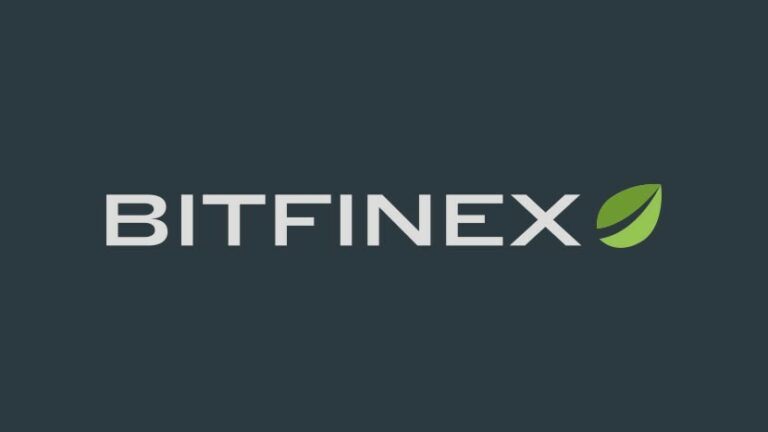The New York Attorney General’s Office (NYAG) submitted late on Monday, June 8 evidence which it claims proves Bitfinex and Tether traded in the state for longer than they claimed.
The new evidence was filed by NYAG to the New York County Supreme Court as part of an investigation and legal action brought against the two companies in April and aims to prove that both Bitfinex and Tether had continued unregistered and unlicenced operations and, therefore came under the jurisdiction of the NYAG.
Case History
NYAG’s action alleges that Bitfinex dipped into the dollar reserves of its affiliate Tether, which claimed every one of its USDT digital tokens is dollar-backed, to fill an $850 million hole in its finances caused by losses at its CryptoCapital payment processor.
Bitfinex is alleged to have then payed back Tether via a credit facility with CryptoCapital using as collateral shares in their parent company iFinex.
Bitfinex and Tether – which are both registered in the lightly-regulated British Virgin Islands – claim they had not operated in New York at the time and do not come under the jurisdiction of the NYAG.
In late May the two companies obtained a stay of demands against the NYAG, which had ordered Bitfinex produce documents related to the case.
Extensive Exhibit(s)
The new evidence – a Memorandum of Law – includes 28 exhibits that aim to prove both Bitfinex and Tether allowed New York investors to trade Tethers until early 2019. The document says:
Even a cursory examination of the facts gathered to date […] shows that Respondents have extensive and consistent contacts to New York concerning the matters under investigation.
Among the evidence is “Exhibit(s) – H” which presents correspondence between Bitfinex and Mike Novogratz, chief executive of hedge fund Galaxy Digital, who was apparently onboarded as Bitfinex’s customer in October 2018.
The NYAG filing continued:
Respondents have repeatedly engaged New York firms to assist them in their business objectives […] as recently as 2019.
There was no response from either Bitfinex or Tether on their blogs or Twitter feeds, nor from parent company iFinex.









